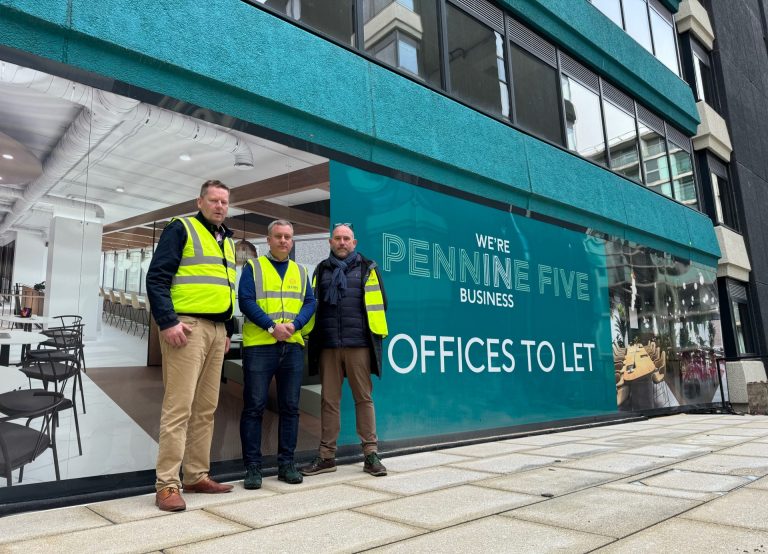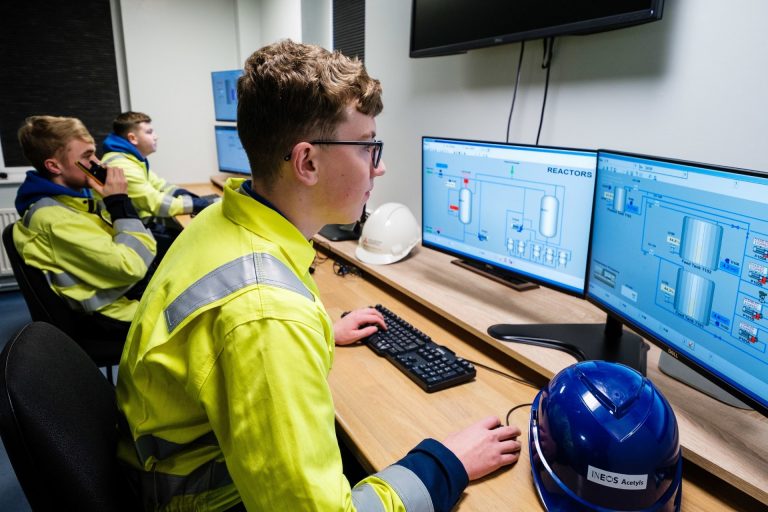Aztec Construction to open new Northern headquarters at Pennine Five in Sheffield
Countryside Partnerships gets new MD for North-East Midlands
Lee Parry has joined Countryside Partnerships as MD for the North-East Midlands, bringing with him an ambitious vision for the region.
He’s come from Keepmoat Homes, where he worked as Construction Operations Director, before becoming Interim MD. In his new role he aims to unlock sites in Nottinghamshire, Lincolnshire and North Derbyshire, working in partnership with local authorities, housing associations and private rented institutional investors to bring multi-tenure new housing to the region.
The North-East Midlands business has ambitious site acquisition targets for 2024, with a minimum target of at least six new sites with or without detailed planning permission in place. These sites will be located within bolstering our strong position in these areas.
Following its merger with Vistry, Countryside Partnerships business is now uniquely placed to secure and deliver sustainable developments, using its Timber Frame factories based in the East Midlands, on sites from 100 dwellings up to 1,500 dwellings in size. As well as delivering multi-tenure schemes, the business can also leverage the strengths of its three private for sale housing brands, Linden, Bovis and Countryside.
Adam Daniels, Divisional MD for the Midlands, said: “I am delighted to welcome Lee Parry to head up our North East Midlands team. He brings a wealth of experience and a clear vision to tackle the region’s need for high quality homes across a range of tenures. I look forward to working with him to further develop our partnership building division across the North East Midlands.”
Lee said: “I’m extremely proud to be taking the reins for North East Midlands. It’s a privilege to be working with such a great team and I look forward to continuing to grow the business. My focus is firmly on addressing the region’s chronic shortage of affordable mixed-tenure housing.”
The Harris Partnership strengthens management team
Wakefield-headquartered The Harris Partnership has made a series of senior promotions as the architectural practice continues its growth.
In recognition of their ongoing valuable contribution to the business, Iain Church, Ian Perrell, Russell O’Donoghue and Sarah Charlesworth are now Directors of parent company The Harris Group.
Other key figures across the group have also been recognised with Mark Hendy promoted to Director of the Harris Project Management business.
In the Manchester office, Sarah Rhodes is now Design Director at The Harris Partnership and Marisa Rigby has been promoted to Associate in Harris Project Management, further strengthening the group’s presence in the North West market.
Jonathan Wrynne has been made Associate in The Harris Partnership’s London office following a sustained period of expansion in the capital.
James Richmond, Joint Managing Group Director, says: “These promotions are thoroughly deserved, and we thank all those recognised for their ongoing hard work and dedication.
“We are committed to not only developing our people but fostering a positive culture across the business, which is reflected in the long service of many members of our team.
“These promotions also signify our ongoing confidence as a group as we invest for the future and look forward to the next phase of our growth.”
Humber Freeport approves £25m of investment for projects stimulating green economic growth
Wellie brand bought by French footwear manufacturer
Rural West Yorkshire businesses start to benefit from new £2.5m fund
Chamber welcomes plans to scrap rail ticket office closures
UK manufacturing sector risks falling behind international rivals on AI and automation
- Roll out the successful Made Smarter scheme nationwide. This is a proven scheme to help with the adoption of new technology in manufacturing businesses. It should also extend the remit of Made Smarter to include industrial decarbonisation to aid energy efficiency and transition to net zero.
- Make full expensing capital allowances permanent to enable businesses to plan investment over long leads.
- Expand the R&D tax credit to include capital expenditure to spur further digitalised R&D.
- Government should work with business organisations and sector specific bodies to help SME engagement with the successful Catapult Centres. This is especially important given the geographic distribution of the centres and would help more SMEs take advantage of their world leading facilities.












